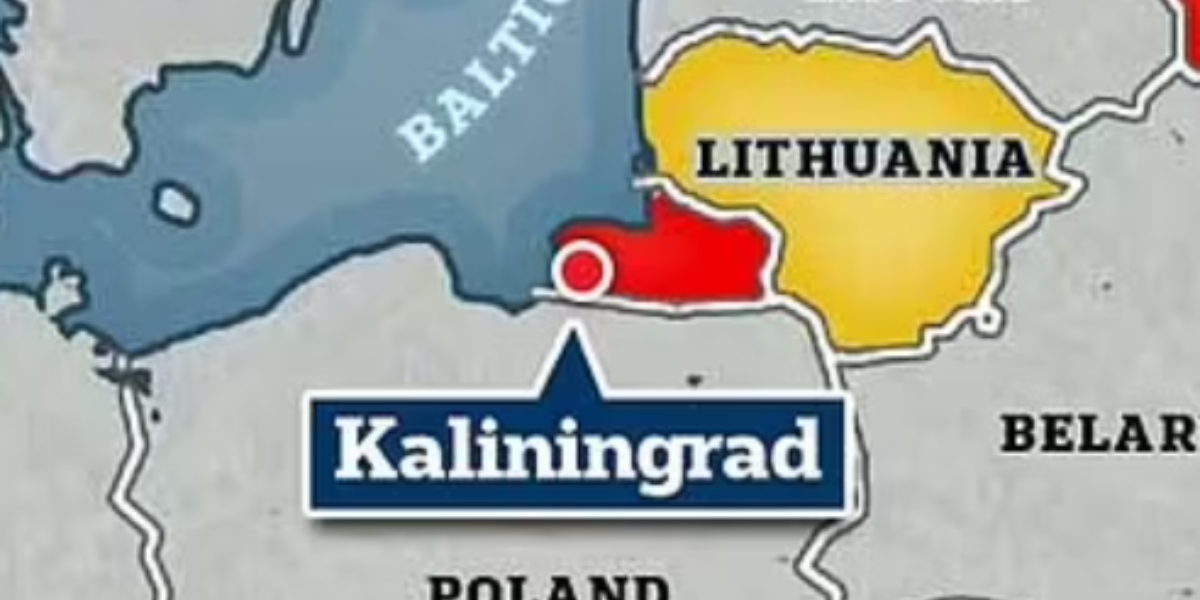- Residents living close across the border who trusted NATO membership to stop any potential military action
- In response to EU sanctions that went into effect, Lithuania has closed the route for the transit of steel
- The United States and its allies slapped some of the toughest sanctions in modern history after Russia invaded Ukraine
Residents living close across the border who trusted NATO membership to stop any potential military action were rattled on Tuesday by Russia’s vow to punish Lithuania over halted train shipments to Moscow’s enclave of Kaliningrad.
In response to EU sanctions that went into effect on Saturday, Lithuania has closed the route for the transit of steel and other ferrous metals, angering Russian authorities who predicted a “severe negative impact.” View More
Despite his belief that it was difficult to predict what Russia may do, insurance worker Vitalijus Sidiskis, 59, said he would remain calm because Lithuania is a member of the European Union and NATO.
“Nothing bad will happen…because Lithuania is in NATO and in the European Union,” he told Reuters. “I don’t believe that they will be aggressively attacking us.”
After World War Two, the Soviet Union received Kaliningrad, formerly the harbour of Koenigsberg, the capital of East Prussia, which it had taken from Nazi Germany in April 1945. Between NATO members Poland and Lithuania, it is sandwiched.
The United States and its allies slapped some of the toughest sanctions in modern history after Russia invaded Ukraine, a move that the Kremlin interpreted as a declaration of economic war.
Others in the border town of about 6,000 people claimed that other issues, such as the extremely high inflation that has hurt the finances of many Lithuanians, had been eclipsed by the Russian threats.
“We work nearby to the border and the shooting and the maneuvers are a bit worrying,” Galina Mateikuniene, a 52-year-old seamstress said. “We are probably more afraid of war, of an invasion. The economy is the economy.”
The Baltic port city is home to around a million Russians, who are connected to the rest of the country by train through Lithuania, a member of the EU and NATO. When Laima Kudirkiene’s modest flower shop was open, many Russians used to cross the border there to purchase items.
Despite an unclear future, the 47-year-old Lithuanian made a commitment to stay in Kybartai and expressed regret over losing contact with the Russian clients who used to frequent her shop.
“They were celebrating birthdays and getting married,” she said. “It was a normal everyday thing. I don’t know how they live now because the connection has been severed.”

















